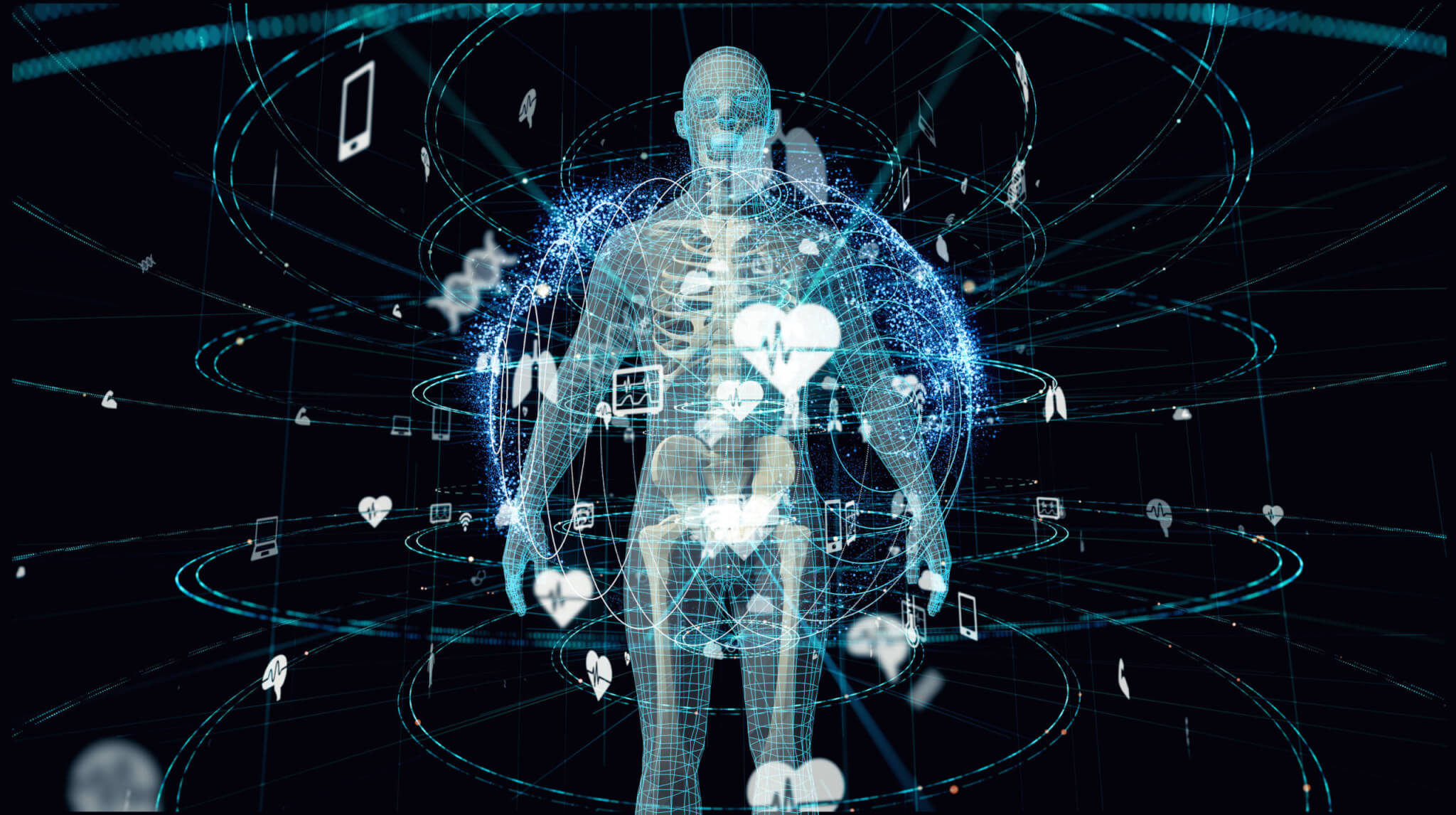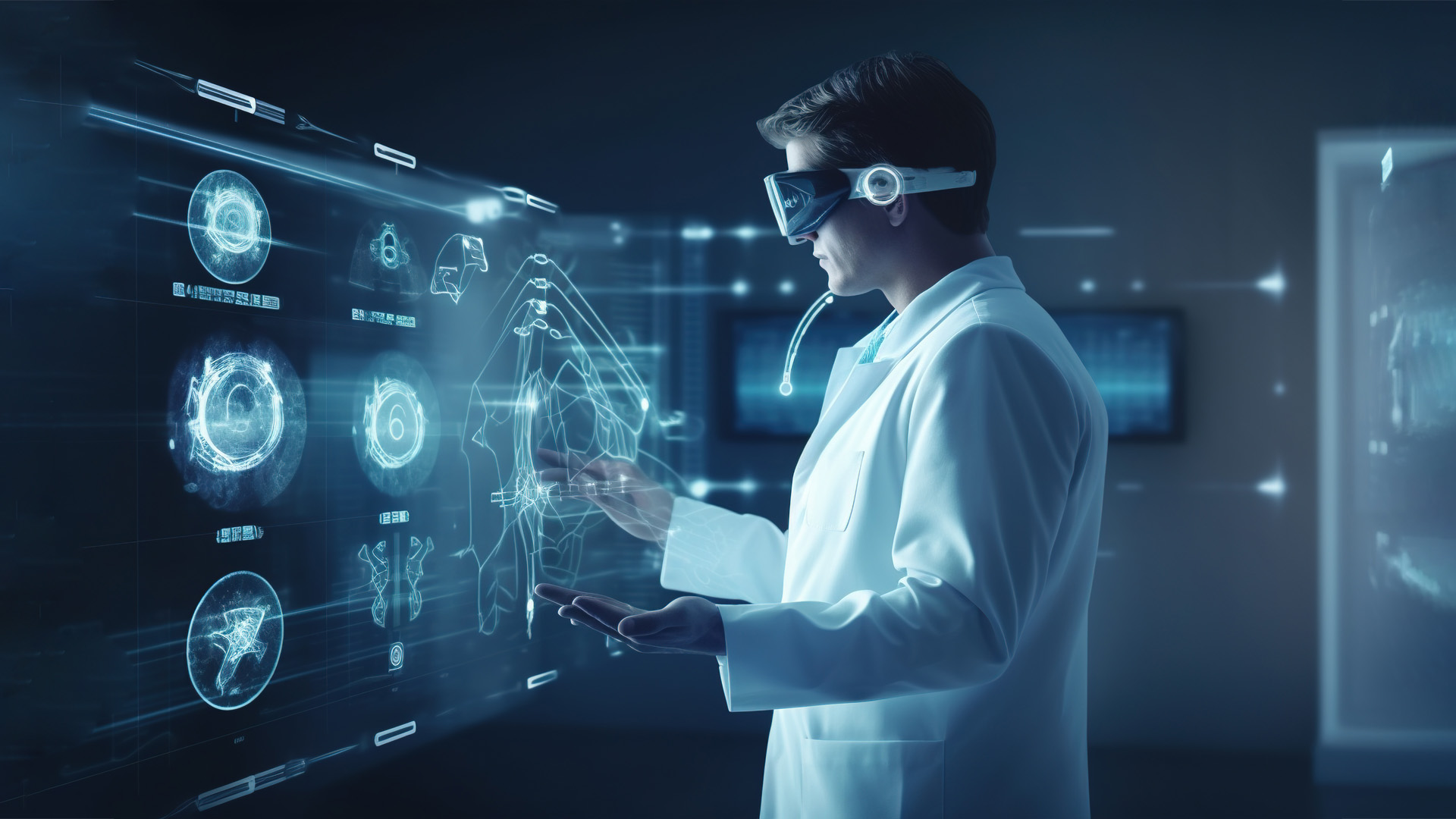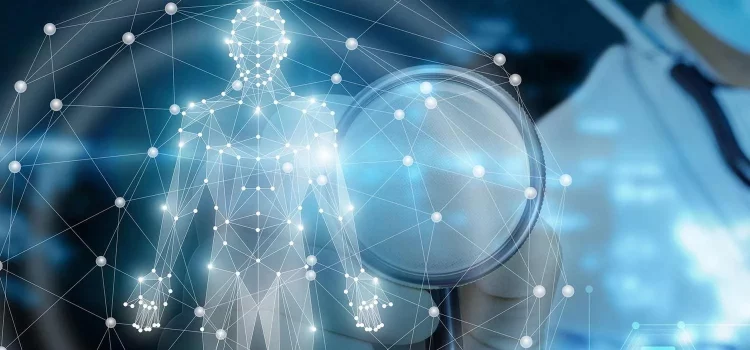Introduction: Revolutionizing Healthcare with AI
In recent years, artificial intelligence (AI) has slowly and steadily moved beyond the realm of science fiction and into real-world applications, particularly in healthcare. From predictive analytics to diagnostics and treatment planning, AI is transforming how healthcare providers understand and treat patients. But how exactly does AI fit into the personalized healthcare revolution? Is it truly the next frontier of healthcare?
This article explores the potential of AI in shaping the future of personalized healthcare, examines current applications, and evaluates the challenges and opportunities this integration offers.
1. What is Personalized Healthcare?
Personalized healthcare, also known as precision medicine, is an approach to medical treatment and prevention that takes into account individual variability in genes, environment, and lifestyle. Rather than providing a one-size-fits-all treatment, personalized healthcare seeks to tailor medical decisions to the unique characteristics of each patient.
Why is AI So Integral to This Transformation?
AI’s ability to analyze massive amounts of complex data quickly and accurately makes it a powerful tool in the quest for more personalized healthcare solutions.
2. How AI is Empowering Personalized Healthcare
AI is not just a buzzword in the healthcare industry—it’s rapidly becoming an essential tool that enhances personalized care. Here are some ways AI is playing a pivotal role:
a. Predictive Analytics for Disease Prevention
AI systems are designed to sift through vast datasets, analyzing trends and patterns that humans might miss. By using patient data, AI can predict the likelihood of developing diseases, offering healthcare providers an opportunity to intervene before symptoms manifest.
For example, AI can analyze genetic data to predict a patient’s predisposition to diseases like cancer or diabetes, allowing for early detection and preventative measures.

b. Tailored Treatment Plans
Machine learning models, a subset of AI, can be used to develop personalized treatment regimens. By analyzing data from past treatments and patient outcomes, AI can suggest the best course of treatment for an individual, potentially improving the effectiveness of interventions.
The use of AI in oncology treatment planning is a prime example. AI can analyze the genetic mutations in cancer cells and suggest targeted therapies based on the individual’s specific cancer profile.
c. AI in Drug Discovery
One of the most promising areas where AI is transforming healthcare is in the field of drug discovery. AI algorithms can analyze millions of chemical compounds in a fraction of the time it would take human researchers, drastically speeding up the development of new drugs.
In personalized healthcare, AI can help identify drugs that will work best for a specific patient’s genetic profile, reducing trial-and-error approaches and enhancing the success rate of treatments.
3. AI-Powered Diagnostics: Faster, Smarter, More Accurate
In healthcare, diagnosing patients early can be the difference between life and death. AI’s ability to analyze medical imaging and patient data quickly has the potential to reduce diagnostic errors and improve patient outcomes.
a. Imaging and Radiology
AI systems have shown tremendous success in analyzing medical images such as X-rays, MRIs, and CT scans. These systems can recognize abnormalities that may be difficult for human eyes to detect. AI’s ability to make faster, more accurate readings of images can be especially valuable in emergency care or areas with limited access to trained radiologists.
b. Pathology and Histopathology
AI is also making strides in pathology, where it helps pathologists identify disease patterns in tissue samples. With deep learning algorithms, AI can assist pathologists in diagnosing cancer, cardiovascular diseases, and autoimmune disorders with greater precision.
c. Personalized Monitoring Devices
Wearables and home monitoring devices integrated with AI can provide real-time data about a patient’s condition, alerting both patients and healthcare providers about potential health issues before they escalate. From continuous glucose monitors for diabetic patients to smartwatches tracking heart rate, these devices are revolutionizing chronic disease management.
4. AI’s Role in Enhancing Patient Engagement
Personalized healthcare isn’t just about diagnosing and treating disease—it’s about empowering patients to take control of their health. AI can help improve patient engagement in several ways:
a. Virtual Health Assistants
AI-powered virtual assistants can provide patients with 24/7 access to medical information, appointment scheduling, and even medication reminders. These systems, which use natural language processing (NLP), can provide personalized health tips and recommendations based on the individual’s history and needs.
b. AI-Driven Chatbots
In addition to virtual assistants, AI-driven chatbots are also being used in healthcare to help with symptom checking and answering basic medical queries. These tools can guide patients through self-care steps, reducing the need for emergency visits for non-urgent matters.
5. Challenges of Integrating AI into Personalized Healthcare
Despite the enormous potential, AI’s integration into personalized healthcare is not without challenges. Some of the primary concerns include:

a. Data Privacy and Security
The healthcare industry deals with highly sensitive data, and the use of AI requires access to large volumes of patient information. Ensuring this data is securely stored and protected from cyber threats is a major concern.
b. Bias and Fairness
AI algorithms can inherit biases from the data they are trained on. If the training data isn’t representative of diverse populations, AI systems may make inaccurate predictions, which could lead to disparities in healthcare outcomes. Ensuring that AI systems are fair and unbiased is a critical issue that needs to be addressed.
c. Regulatory Challenges
AI in healthcare needs to be regulated to ensure that these technologies are safe and effective. However, developing regulatory frameworks for AI tools is complex and requires balancing innovation with patient safety.
6. The Future of AI in Personalized Healthcare
As AI continues to evolve, its role in personalized healthcare is expected to grow even further. Here are some trends to watch:
a. Precision Medicine Becomes More Mainstream
As AI becomes more integrated into healthcare workflows, personalized treatment will likely become the norm rather than the exception. Precision medicine will become more accessible to a broader range of patients, as AI lowers the cost and complexity of implementing personalized care.
b. Real-Time Health Monitoring and Predictive Care
With advances in wearable technologies and real-time data analytics, AI will enable predictive healthcare that not only treats diseases but also prevents them. Real-time monitoring will allow patients and doctors to intervene before health issues worsen.
c. Enhanced Collaboration Between AI and Healthcare Professionals
AI is not here to replace doctors; rather, it will work alongside them. Future healthcare systems will see a blend of human expertise and AI-powered tools, where doctors use AI to augment their decision-making process, enhancing both the efficiency and accuracy of patient care.
Conclusion: Embracing AI for a Healthier Future
AI is undeniably the next frontier in personalized healthcare. Its capacity to analyze vast amounts of data, predict disease risks, and offer individualized treatments is setting the stage for a more personalized, effective, and accessible healthcare system. However, challenges such as data security, bias, and regulation must be addressed to ensure AI’s full potential is realized.
As we look to the future, it is clear that AI’s role in healthcare will only continue to grow, offering new opportunities for better health outcomes and ultimately leading us to a healthier, more personalized world.










































